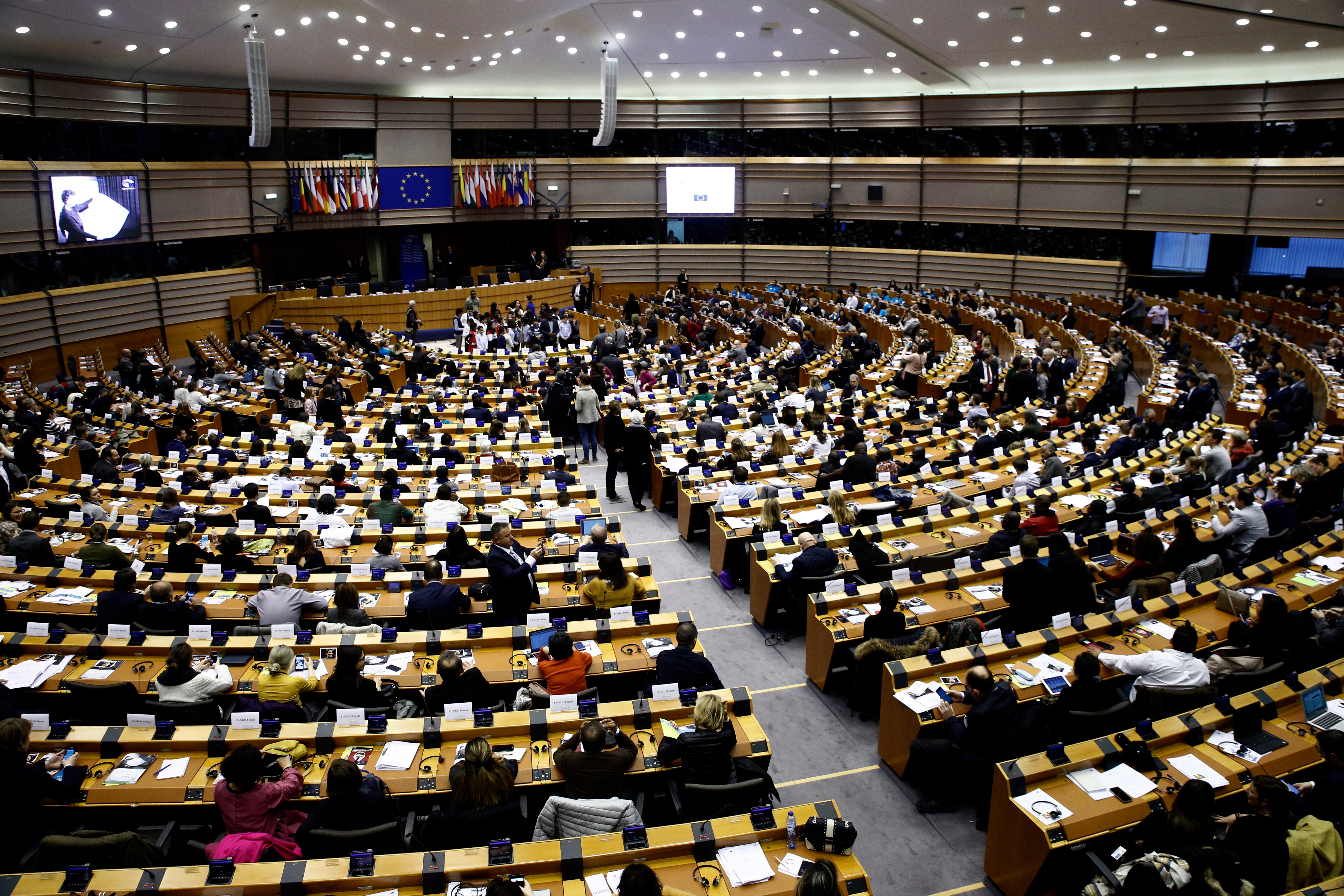At the end of last year, the UK government announced plans for new laws to clamp down on ticket reselling, citing widespread concern that fans are being ripped off by excessive mark-ups and opaque pricing practices. The proposals sit alongside wider reforms to UK consumer law designed to respond to digital markets, online platforms and new pricing technologies.
Ticketing, Tech and Timing – How Technology Has Changed Live Events
Written by Sabrina Steele on 21 Jan 2026
Are big tech companies beyond enforcement?
Written by Sabrina Steele on 18 Dec 2025
A few years now after the EU’s Digital Markets Act (DMA) and UK’s Digital Markets, Competition and Consumer Act (DMCCA) have passed, regulators are beginning to challenge the behaviour of tech giants. But tech giants are pushing back — raising an important question: are they too large for legislation?
Could Blockchain be the Key to a UK Digital ID?
Written by Sabrina Steele on 21 Oct 2025
Digital ID is a hot topic. Is it mandatory? Who would make it? How could the government secure the data?
Inclusivity: Is the UK government standing up for women in tech?
Written by Sabrina Steele on 15 Oct 2025
The role of women in tech has been making headlines recently. From the gender gap in the industry to the online abuse faced by women and girls, the challenges are increasingly visible. But so, too, are the opportunities — especially as greater inclusivity has been shown to drive innovation and growth.
Reflections from Labour Party conference
Written by Shomik Panda on 02 Oct 2025
Returning from Liverpool, here are a few reflections on Labour party conference 2025.
Is the gig up? Regulating platform work in the UK
Written by Sofia Marchetti on 19 Sep 2025
This blog explores what plans to regulate gig-economy work could look like in the UK, suggesting examples officials might look to and the challenges they will face.
Will Breton be back?
Written by Igor Ramage on 26 Jul 2024
In this blog, we investigate what role current French Commissioner for Internal Market Thierry Breton might play in the upcoming European Commission.
Supreme Court decision to overturn Chevron Deference signals shift in regulatory abilities
Written by Sameer Surti on 25 Jul 2024
On 28 June, the US Supreme Court overturned the ‘Chevron deference’, an administrative law principle allowing federal agencies to interpret and implement statutes with the understanding that federal courts would ultimately defer to those agencies’ interpretation of ambiguous laws. In this blog, we will go over the Supreme Court’s ruling and the implications it could have on the technology sector, with a particular focus on AI.
TikTok Lite sparks EU concerns: A deep dive into digital addiction
Written by Emma Vivian on 20 May 2024
In the fast-paced world of social media, concerns about digital addiction are taking centre stage once again, with TikTok and Meta at the forefront of scrutiny.
Trilogue negotiations in the EU
Written by Emma Vivian on 18 Mar 2024
Three key EU institutions - the European Commission, the European Parliament, and the Council of the European Union - walk into a room. It sounds like the start of a bad joke, but trust us, it's anything but! They're there to work through laws, policies, and regulations that impact the lives of over 500 million Europeans. In this blog, we're going to lift the curtain on trilogue negotiations and shed light on why this resolution is useful for the swift functioning of EU policy making.
New rules for streaming giants head into final Parliamentary stretch
Written by Matthew Niblett on 28 Feb 2024
The Media Bill is a broad piece of legislation which will, amongst other things, makes changes to the way in which video-on-demand services are regulated in the UK. On 28 February, the Media Bill will have its second reading in the House of Lords, having been passed by the House of Commons. In this blog, we discuss the implications the Media Bill will have for the video-on-demand sector in the UK, as well as the next steps.
Strategic Security in the EU: New Initiatives to Strengthen Economic Security
Written by Inline Policy on 06 Feb 2024
In the ever-changing global landscape marked by geopolitical tensions and technological shifts, the European Commission is fortifying the economic security of the European Union with a series of new initiatives.
2024: Key things to look out for in tech regulation
Written by Matthew Niblett on 09 Jan 2024
As political institutions slowly emerge from their Christmas hibernation, we look at the key unresolved issues in tech regulation in the UK and the EU.
AI Act: A Game Changer in the Tech World
Written by Inline Policy on 21 Dec 2023
After an intense three-day negotiation marathon, the European Parliament and the Council of the EUreached a provisional agreement on the much-anticipated EU AI Act on 8 December 2023. As the world’s first comprehensive legislation on artificial intelligence (AI), this marks a pivotal moment in global AI regulation. With a risk-based approach, the AI Act introduces a structured approach to AI oversight, tailoring regulations to the complexity and capability of various AI systems.
The UK Government's proposals to regulate cryptocurrency and stablecoins
Written by Matthew Niblett on 24 Nov 2023
In November 2023 the UK Government outlined its regulatory intentions for the cryptocasset industry. In this blog, we summarise the UK Government’s plans for the future regulation of cryptoassets and explain the next steps.
 Insights from Inline Policy listing page
Insights from Inline Policy listing page
















